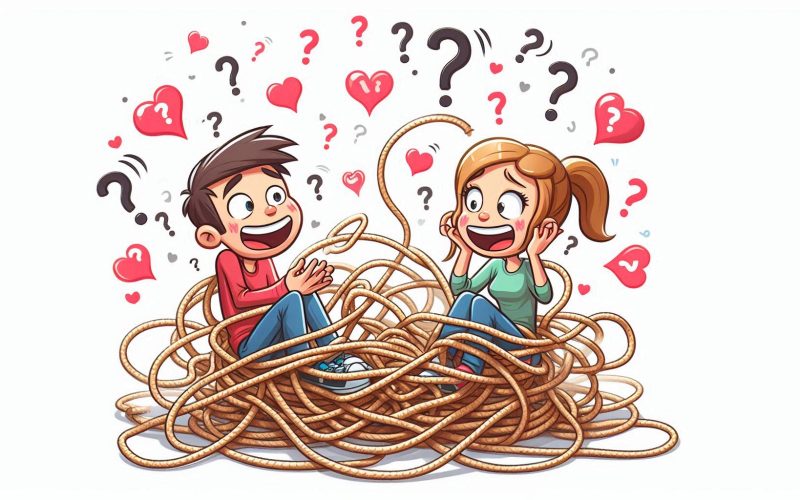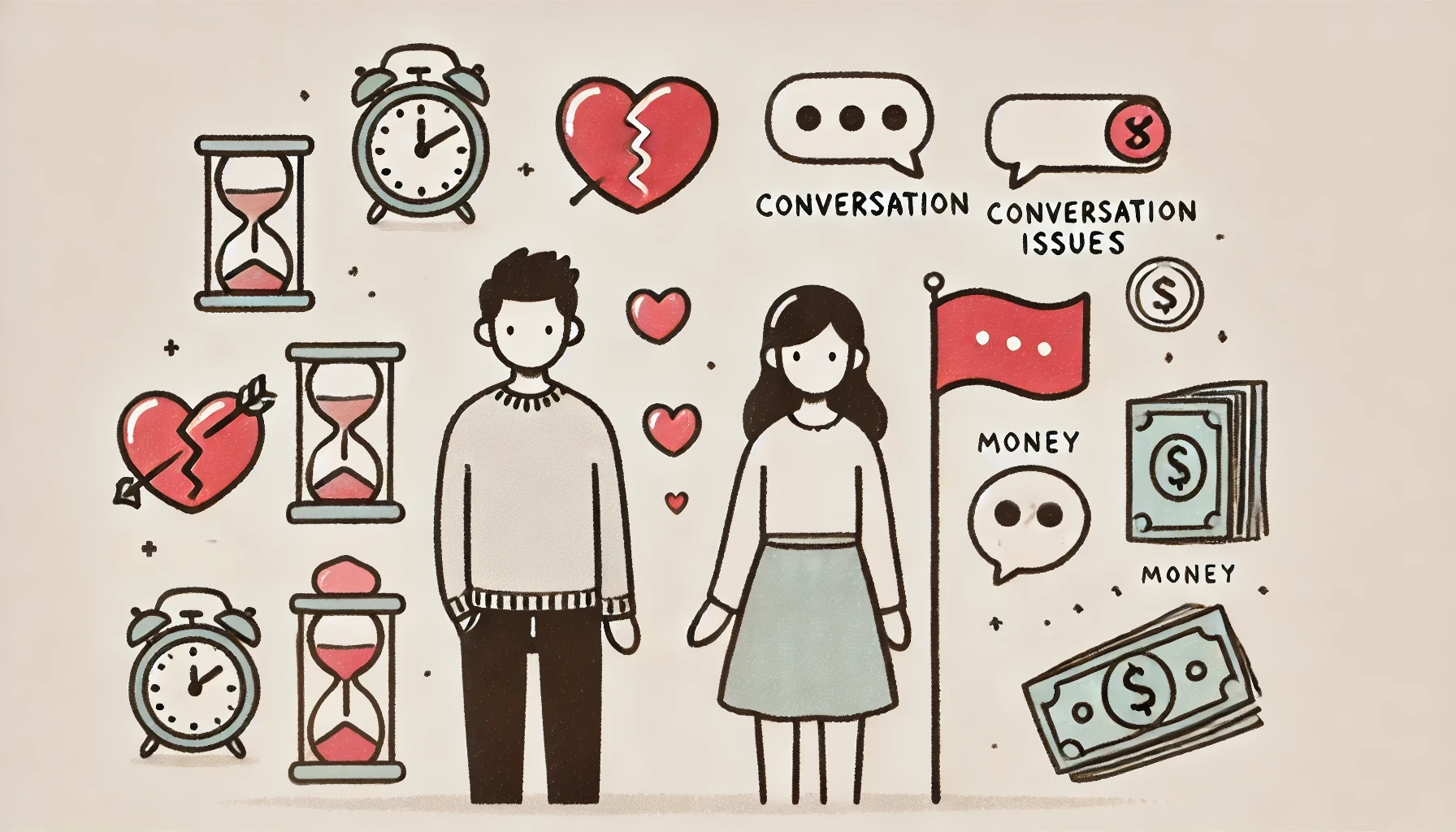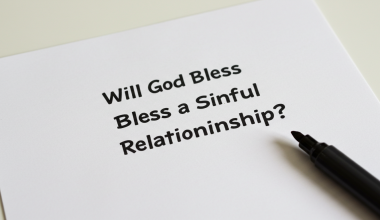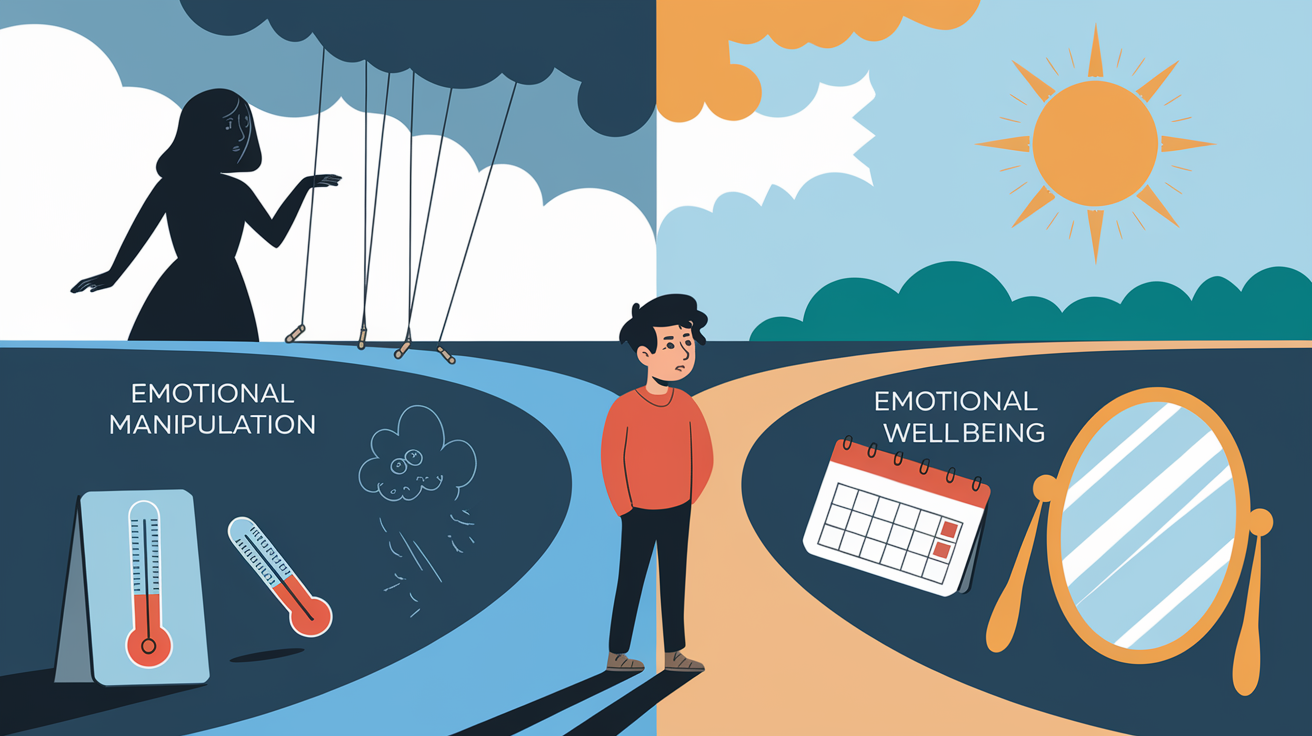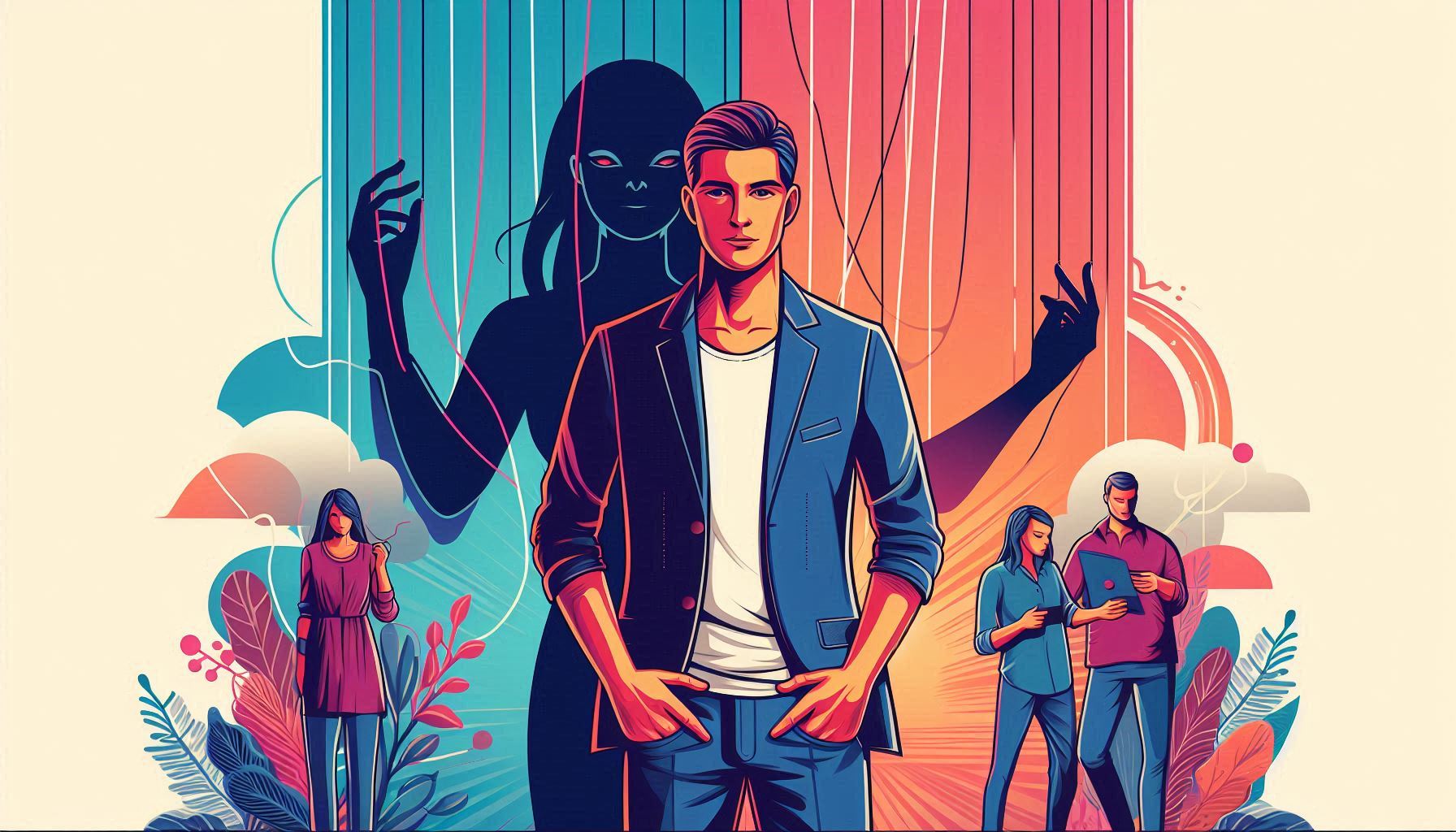Ever wondered why some people keep going back to relationships that make them miserable? It’s like watching someone touch a hot stove, get burned, and then go, “Maybe this time it won’t be hot.”
Sounds crazy, right? But toxic relationships can feel like an addiction, pulling people in over and over again.
Let’s break it down and figure out why people keep falling for the same trap, and, more importantly, how to escape it.
The Psychology of It All
The Sneaky Power of Intermittent Reinforcement
Picture this: You text someone, and they reply instantly. Feels great! Next time, you text them, and they leave you on read for hours. Ouch. Then, just when you’re about to move on, they hit you with a “Hey, I miss you.” And boom! You’re hooked again.
This unpredictable cycle of rewards and punishments is called intermittent reinforcement. Casinos use it to keep gamblers glued to slot machines. Toxic partners use it probably without even realizing, to keep you emotionally stuck. The highs are so high that you forget the lows.
Trauma Bonding: Like Super Glue, but Worse
Trauma bonding happens when someone gives you just enough love and care to keep you hopeful, but mixes it with pain and control.
The emotional rollercoaster creates a strong attachment, making you feel like leaving would be unbearable, even though staying hurts too.
It’s a classic push-pull situation, and your brain gets tricked into believing that the occasional kindness means something deeper.
Attachment Styles: It Starts Young
If you grew up in a home where love felt uncertain or came with conditions, you might be more likely to tolerate toxic relationships.
People with anxious attachment styles often crave validation and fear abandonment, which makes them stay longer in bad situations.
If your childhood felt like an emotional guessing game, chances are your relationships might too.
The Brain Chemistry Behind It
Dopamine: The Pleasure Drug
Your brain loves dopamine. It’s the chemical that makes you feel good when you eat chocolate or win a game. Toxic relationships mess with this system.
When your partner finally pays attention after ignoring you, dopamine floods your brain. It feels like relief, so you stay, hoping for the next hit.
Cortisol and Adrenaline: The Stress Cocktail
Constant stress keeps your body in high alert. If you’re always walking on eggshells, your brain releases cortisol and adrenaline, making the relationship feel intense, even if it’s bad for you.
This can create a weird sense of excitement, tricking you into thinking that the relationship is passionate instead of just chaotic.
Emotional and Behavioral Patterns
Low Self-Esteem and Validation Seeking
If you don’t believe you deserve better, you’re more likely to accept less. Toxic partners often take advantage of this, making you feel like you need them to feel valuable. Spoiler alert: You don’t.
Fear of Being Alone
For some, the idea of being single is scarier than dealing with a toxic partner. Society makes it seem like being in any relationship is better than being alone. (It’s not.) But this fear can trap people in cycles of dysfunction.
Codependency: When Love Feels Like a Job
Ever feel like fixing someone is your full-time job? That’s codependency. If you feel responsible for someone’s happiness while they drain the life out of you, you might be stuck in a codependent loop. It’s exhausting, and newsflash, you can’t fix someone who doesn’t want to change.
Society’s Role in All This
The Media Loves Drama
Movies, TV shows, and even some songs romanticize toxic relationships. Think about how many love stories feature intense fights, grand apologies, and emotional rollercoasters.
Real love? It’s mostly boring in comparison, but in a good way! Healthy relationships don’t leave you guessing if someone cares about you.
The Pressure to Stay in a Relationship
People love to ask, “When are you getting married?” but nobody asks, “Are you happy?” Society pressures people into relationships, even when they’re bad ones.
There’s this idea that being single means something is wrong with you. It doesn’t. It just means you’d rather wait for something good than settle for nonsense.
How to Break Free
Recognize the Patterns
Awareness is the first step. If you find yourself trapped in a cycle of highs and lows, acknowledge it.
Get Professional Help
Therapists can help untangle the emotional knots toxic relationships create. If therapy isn’t an option, even talking to a trusted friend can help.
Set Boundaries and Stick to Them
Toxic people don’t like boundaries. Set them anyway. And when they test those boundaries, hold firm. No more “just one more chance” loopholes.
Learn What Healthy Love Looks Like
Love should feel safe, secure, and supportive. If your relationship feels more like a reality TV drama, it’s probably not healthy.
Final Thoughts
Toxic relationships are addictive because they play tricks on your mind and emotions. They keep you stuck in a loop of hope, stress, and occasional joy. But breaking free is possible. It takes awareness, support, and a willingness to put yourself first.
And if no one has told you this today: You deserve better. Always.
